These “Sweethearts” Are Now Scamming the Elderly Online
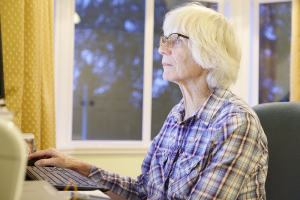
Stay on top of the latest trends in scamming the elderly online.
It’s been over a year since the COVID-19 pandemic began; a year of fear, loneliness, and isolation for many older adults. Physical distancing has eliminated the ability to offer the warmth and comfort of a hug or even an in-person smile in many cases. Yet humans are social creatures, and this lack of socialization has many seniors turning to online sources for connection – such as dating websites. And unfortunately, this has led to an influx of people scamming the elderly online.
While dating websites may seem harmless and even beneficial, there are hidden dangers for older adults in particular, known as sweetheart scammers. Here’s what to watch for to help keep the seniors you love safe:
- Flattery that turns financial. Financial gain is the sweetheart scammer’s only objective. The scammer will use a variety of tactics to achieve that end goal, including targeting weak spots like loneliness. Flattering, praising, and proclaiming undying love and affection for a senior the scammer has never met often moves into a request for funds.
- Overwhelming attention. The scammer will hone in on a senior’s vulnerability and loneliness, lavishing relentless attention. Listen to your loved one to gauge how much time is being spent on conversations and texts with the person. You’ll also want to notice if the person has been expressing his or her love for the senior, especially early in the relationship. Scammers move fast to get to their end goal as quickly as possible.
- No online presence. A simple Google search for the senior’s new love interest can help you determine if the person is real. If your search yields no information at all on the person, it should immediately raise a red flag. You can also run a background check to discover any criminal convictions, marriage/divorce certificates, or other public records.
- A fake photo. Google offers a reverse image search feature (images.Google.com) that allows you to determine if the person’s profile picture is actually a stock photo or stolen from someone else.
You may also want to consider logging in to your loved one’s email account to monitor activity and help the senior discern between actual relationships and scammers.
Most importantly, talk with the senior about the prevalence of those who are scamming the elderly online. Listen to your loved one’s description of his or her new love interest and how the relationship is developing. Point out any warning signs and help the senior understand the danger he or she could be facing.
Responsive Home Care, the leaders in elder care in Hollywood, FL and surrounding areas, is here to help with safe, trusted caregivers to provide seniors with the friendly companionship that alleviates loneliness, isolation, and desperation. Contact us at 954-486-6440 for a free in-home consultation to learn more.

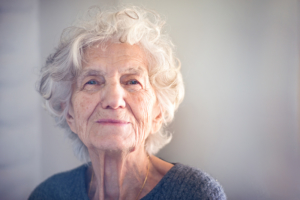

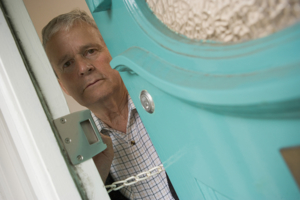
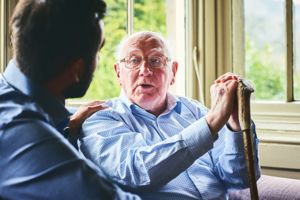
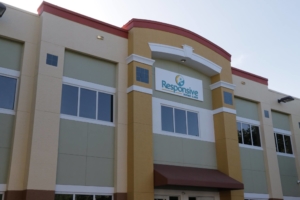 It’s official: As of May 1, 2017, Responsive Home Health has changed its name to Responsive Home Care!
It’s official: As of May 1, 2017, Responsive Home Health has changed its name to Responsive Home Care!